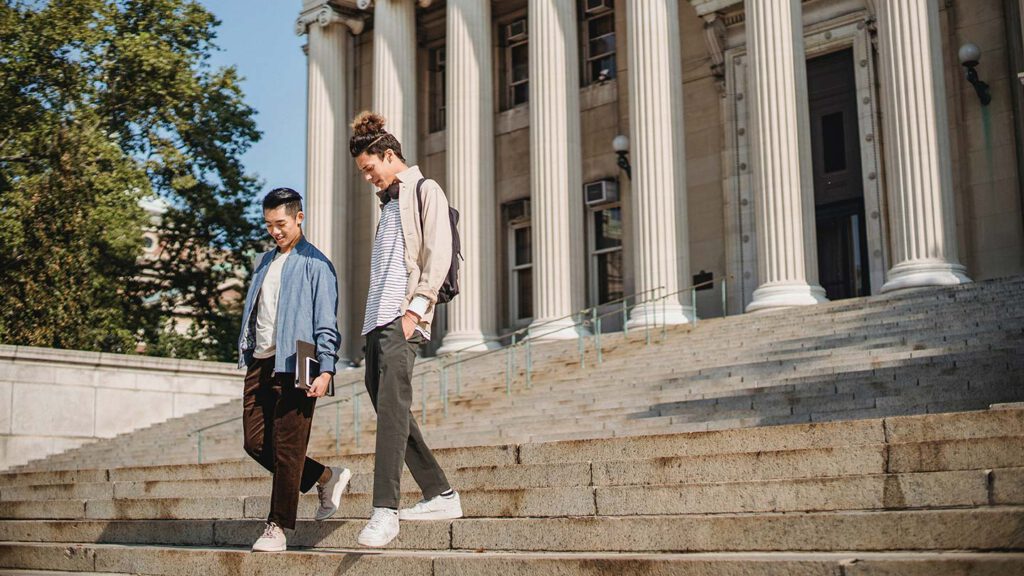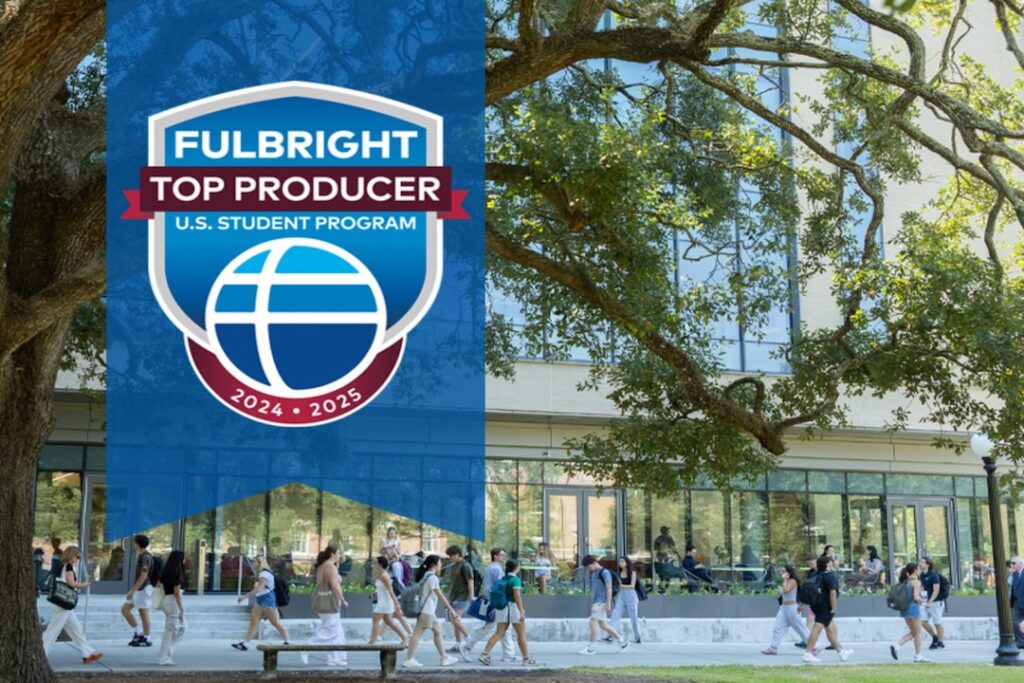News
A Center for Racial Justice at Dillard, Where Black Lives Have Always Mattered

Dillard University is unveiling a new Center for Racial Justice this month
Dillard University, a historically Black college in New Orleans, is unveiling a new Center for Racial Justice this month. Kirkland & Ellis LLP partner Michael D. Jones writes about his support for the center, the influences of his friend and colleague Johnnie Cochran, and the need to start wholesale rethinking and reconstruction of systems perpetuating racial injustice.
When I encouraged the creation of a Center for Racial Justice at Dillard University, a New Orleans HBCU established three years after the Civil War, I was thinking not just of George Floyd, but of the unfinished work for racial justice that Dr. Martin Luther King Jr. fought for nonviolently and that my great-grandfather fought for as a Union soldier in the Civil War in Louisiana, after having left Alabama as an enslaved person.
I was also thinking of the first time that I encountered the phrase “I can’t breathe” in connection with a Black man choked by police. It was 23 years ago in a 1997 book titled “Journey to Justice” written by Johnnie Cochran.
At the height of his fame following the O.J. Simpson trial, Cochran came to my office to discuss a case in which he, my then-partner Kenneth Starr, and I represented liberal and conservative activists protesting the issue of slavery in Sudan.
In his book, Cochran described police choking a friend of his, a Black doctor known as the “gynecologist to the stars” because his clients included the Supremes and other Motown artists. As described by Cochran, the doctor managed to gasp the words: “I can’t breathe.” The officer laughed, “Good, that’s what I want.”
As Cochran recounted, Dr. Avery survived, but the son of Rozella Foller did not, despite the pleas of his mother: “Please stop choking him. Please don’t kill my son. Stop! Please stop!” But he didn’t. When I read this, I thought about the first half of Dr. King’s 1963 “I Have A Dream” speech, in which he said: “We can never be satisfied as long as the Negro is the victim of the unspeakable horrors of police brutality.”
Knowing that I had become my firm’s first Black partner in 1991, Cochran gazed out my office window, which overlooked the White House, observing: “Homeboy, this is a long ways from Shreveport,” our mutual hometown, a former confederate stronghold.
Years of Separate, but Not Equal
Cochran was born in 1937 in Shreveport’s Charity Hospital. As a testament to the enduring power of the Confederacy, by the time I was born in the same hospital in 1960, the name had been changed to the Confederate Memorial Hospital, for the forces against whom my great-grandfather had fought.
My great-grandfather, Floyd Washington, was born in about 1845, enslaved in Alabama. He somehow made it to Louisiana to join the Union Army. Following the Civil War, Floyd Washington settled in De Soto Parish, just outside Shreveport, marrying in 1866.
Though free, Louisiana law and Confederate sentiment relegated him to second class citizenship. A fellow Black citizen filed a legal challenge to this policy that allowed states to separate or segregate Blacks from whites. The U.S. Supreme Court in the 1896 case of Plessy v Ferguson upheld the policy, cementing the status of Floyd Washington, his fellow soldiers, and all other Black people as second-class citizens.
Legal segregation thus was the law of the land throughout his life and death in 1928 and was not overturned until Brown v Board of Education in 1954. Even then, the Supreme Court allowed the states to desegregate “with all deliberate speed” as opposed to immediately. So, on March 1, 1968, my parents received a letter from the acting superintendent announcing that “all our schools will be desegregated” in 1969, the middle of my fourth grade year.
By this time, Cochran’s family had moved from Shreveport to Los Angeles where he had quit the City Attorney’s Office, where he had been the lead attorney prosecuting mostly Black defendants for allegedly resisting arrest after having been beaten by police because, as Cochran wrote, they had “failed the attitude test” and thus were subject to “wall to wall interrogation”—a severe beating, thus beginning what he called his “Journey to Justice,” including focusing on issues of policing.
America’s ‘National Secret’
That America’s criminal justice system was unfair and unequal, wrote Cochran, was America’s “national secret.” The murder of George Floyd, however, blew the lid off this secret, unleashing an avalanche of calls for systemic change. Among those calling for dismantling racial inequality is the first African American Chief Justice of the Louisiana Supreme Court, Bernette Joshua Johnson.
In an incredible letter to judges, legislators, and the governor, Johnson described the ongoing protests as “the consequence of centuries of institutionalized racism that has plagued our legal system.” She reminded us, as Dr. King did, that “law and justice are not the same,” because, Johnson wrote, “slavery and segregation were both legal, after all.”
Just because certain policing tools and techniques, or certain arrests and sentencing are legal does not make them just. A wholesale rethinking and reconstruction of systems perpetuating racial injustice is in order. This will be the work of Dillard’s Center for Racial Justice, to make clear that Black Lives Matter, to see the fulfillment of King’s dream, and to fulfill the goals of the soldiers in the 76th Infantry, United States Colored Division.


